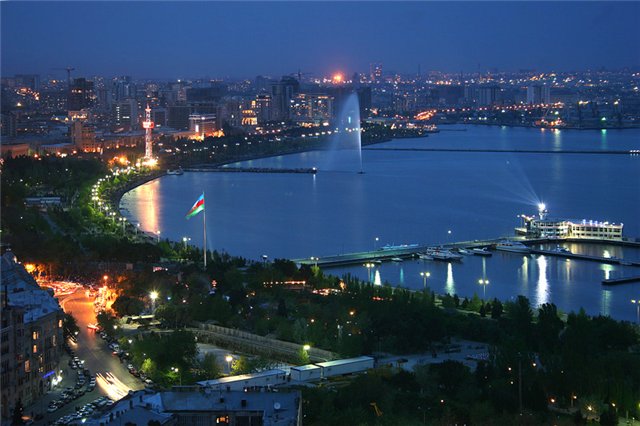Azerbaijan's financial and economic policy offers a model for neutralizing the consequences of crises

Experts explain the next round of the global financial crisis simply: the central banks and governments of most countries have chosen a method of removing problems, thereby further accumulating risks and, accordingly, aggravating the consequences of each new crisis wave.
Pessimists are already predicting the collapse of the eurozone and the withdrawal from the EU of the most "weak" countries, the rejection of the dollar as the only reserve currency and a partial transition to the euro, pounds, But, perhaps, the most important sign of the new way of the world economy, according to most leading economists, will be a reduction in world consumption, which, according to preliminary estimates, could fall by a factor of 1.5 or 3. That would lead to such consequences is now the developed countries started reducing the social costs of national budgets, as well as cheaper labor.
However, the financial and economic policy pursued by Azerbaijan under the leadership of President Ilham Aliyev suggests a model for neutralizing the consequences of crises.
We believe that one of the important factors in the success of this policy is a return to strengthening the role of the state in regulating the economy. Moreover, it is possible emergence of a new economic theory, according to which the state will take over not only the role of the regulator, but also a full-fledged market player. Effective management of state property in the republic strengthens the position of the defenders of state regulation. Another important factor, in our view, is structural restructuring, in the course of which financial institutions are gradually receding into the background, giving way to real economy.
For business, the struggle for real profit becomes urgent. And here the state offers a whole range of support for entrepreneurship through "cheap" loans, organization of business forums, and consulting assistance.
The collapse of the new round of the global crisis will primarily be a reduction in the demand for hydrocarbons, which will negatively affect our economy.
But, fortunately, it is not so significant, as preventive measures to develop regions and non-oil sector will allow our republic to resist serious problems. The implementation of all social and investment projects gives us a good basis to look to the future with optimism.
True, the global scale of economic problems requires consolidation of efforts to increase the productivity of the real sector, expand the export potential, as indicated by the President of Azerbaijan at the last meeting of the government in the first half of the year.


